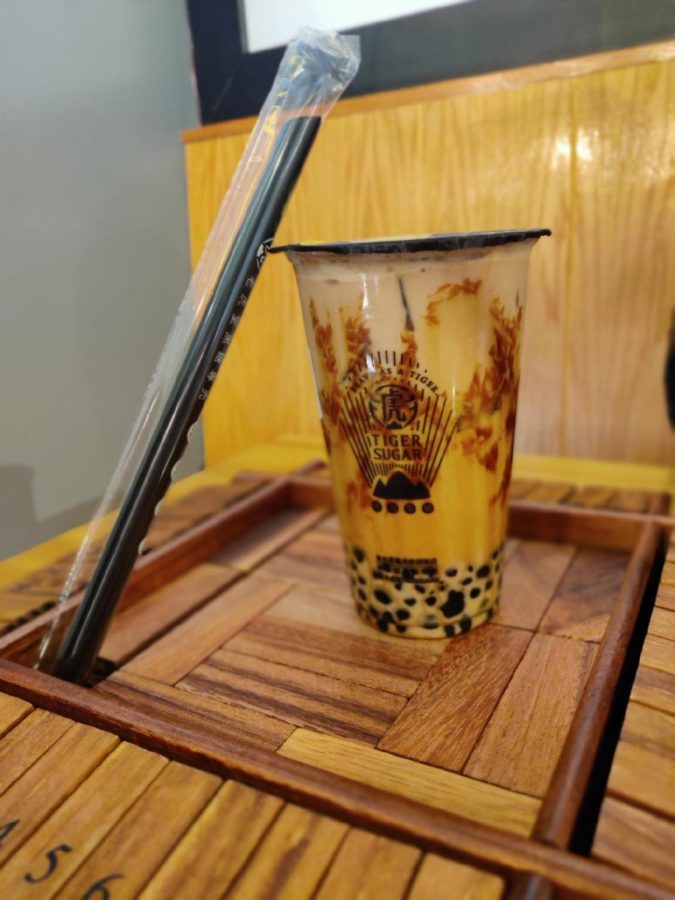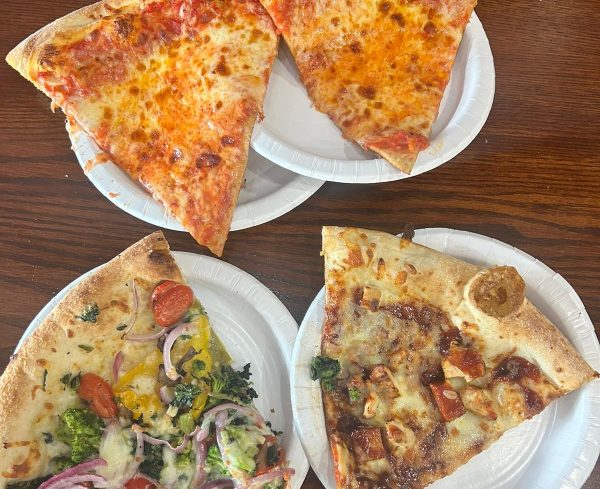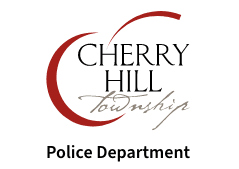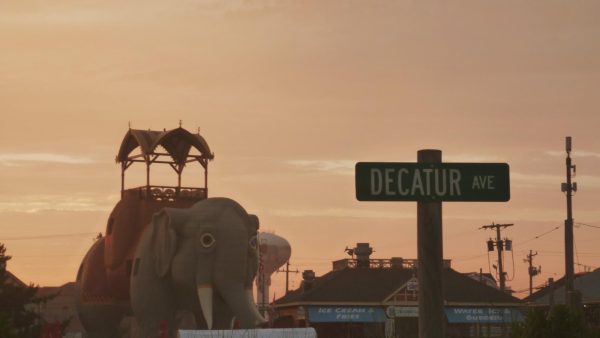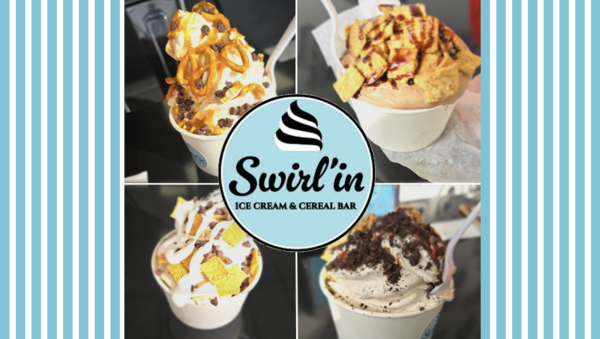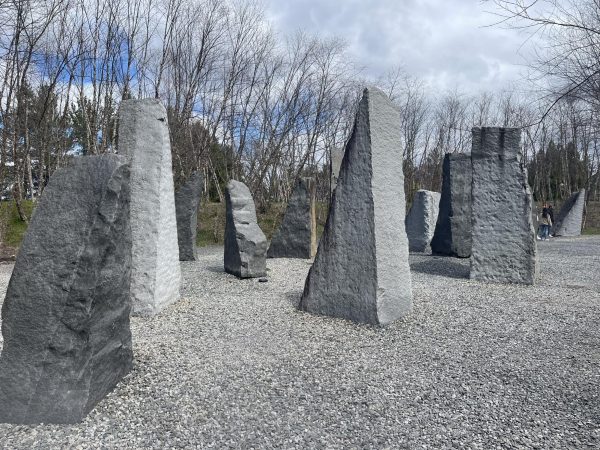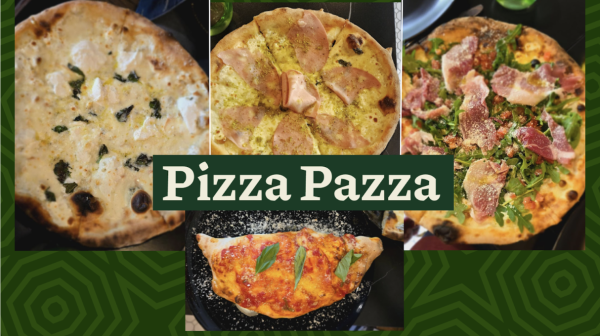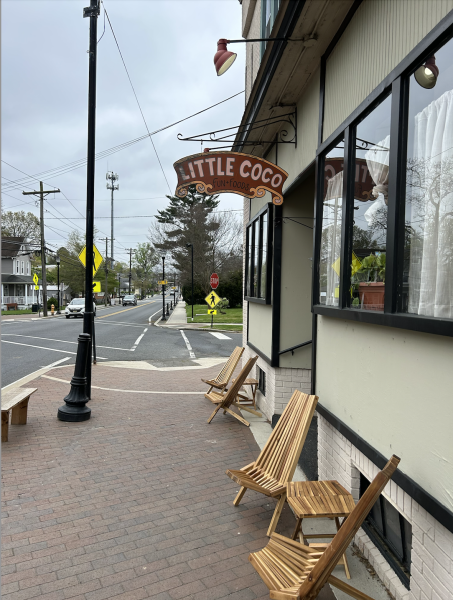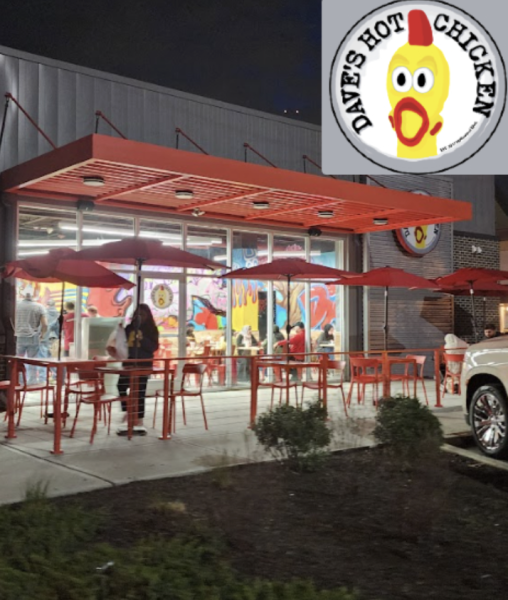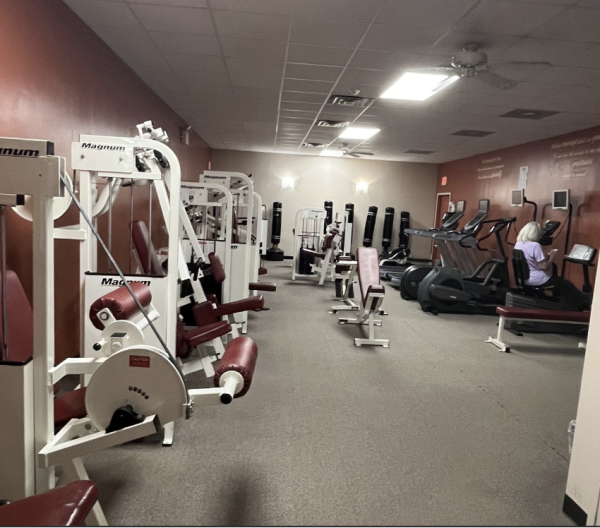Mohan reviews Tiger Sugar in Cherry Hill
Tiger Sugar’s best selling drink is their “Black Sugar Boba + Pearl Coffee Latte with Cream Mousse.”
A subtle aroma of brown sugar engulfs the nostrils as soon as one walks into the cozy bubble tea cafe. A group of students sit with their boba cups and intently study their books while a group concentrates on a game of UNO provided by the cafe. The barista patiently waited for everyone’s order; when our turn came, I quickly rattled off my order; their signature “Black Sugar Boba + Pearl Milk with Cream mousse” and “ Black Sugar Boba + Pudding Milk with Cream Mousse.”
Unlike many other boba places in South Jersey that serve a variety of Tropicana options, Tiger Sugar specializes in black sugar teas. Its limited menu to black sugar teas portrays exclusivity and specialization; the company originated from Taiwan, became popularized in Hong Kong, made its way across the sea, setting up 3 locations in Flushing, Brooklyn, and Chinatown in New York City.
Tiger Sugar has accumulated a cult-like following, with people waiting an average of 90 minutes to get a taste of the milky-sweet paradise. Tiger Sugar’s name comes from the stripes that form when the signature brown-sugar syrup drips down the inside of the boba cup and swirls with the milk, representing the stripes of a tiger.
Invented in the 1980s, bubble tea (also called “black pearl tea” or “boba tea”) is a beloved Taiwan classic. Though there are dozens of different variations, at its core, it’s a combination of tea, milk, and the ‘bubbles’ – which are essentially little balls made of anything from Tapioca to fruit jelly.
The roots of bubble tea can be traced back to the 1940s.
After working as a mixologist in an izakaya in Taiwan under Japanese rule during WWII, in 1949, Chang Fan Shu opened a tea shop selling unique shou Yao (hand-shaken) tea made with cocktail shakers.
The result was a rich and silky iced tea with fine air bubbles on top – dubbed foam tea in Taiwan.
For Asian Americans in the ’90s, bubble tea shops were a go-to. Though the first American stores opened in Taiwanese and Chinese markets, the concept resonated across young Asian Americans; teas seemed healthier than soda, icy slushies were a refreshing respite from hot LA summers, and the flavors, such as taro, matcha, and mango, were both exotic and familiar. These bubble tea stores became social institutions in Asian American communities.
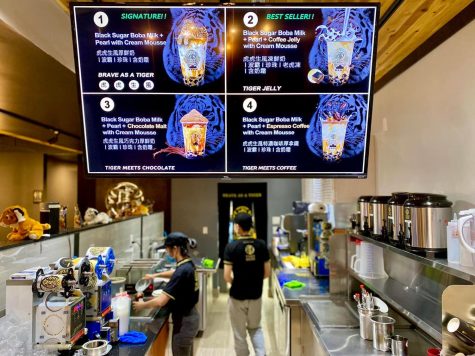
Increased exposure to Asian culture led to a greater acceptance of Asian foods in America. Over the course of a decade, sushi would become as commonplace as Blockbusters, ahi poke would enter the American lexicon, and sriracha would find a place on the table next to Tabasco and ketchup. Likewise, bubble tea would follow a similar trend, finding its place in American culture alongside coffee shops and ice cream parlors.
With the rise of Instagram, tea shop owners saw an obvious benefit and opportunity to make more than just the cups Instagrammable. Tea shop owners began offering wilder toppings, such as churros, ice cream, cotton candy, and different flavors, such as chamoyada bubble tea or horchata bubble tea. They offered prettier flavors, from layered matcha milk tea and Thai iced tea to striated black sugar milk. As toppings, tastes, and forms grew wilder, the popularity of bubble tea surged, both on Instagram and in real life.
Starbucks has 33,000 stores currently open. While bubble tea seems like a fish out of the water the industry expects to grow by almost $2 billion to $4.3 billion by 2027.
Tiger Sugar’s tea is sweet and creamy. Emphasizing on the tapioca pearls: those are soft and chewy, unlike the overly sweet concoctions found everywhere else. Tiger Sugar has a unique taste – at its core, it is tea, and you can never go wrong with that – Tiger Sugar is a classic.
“We import all of the brown sugar, which America doesn’t have. The formula and ingredients will make a drink with many layers with a refreshing taste.” said the CEO of Tiger Sugar, Calvin Sun, when interviewed by QNS
Coupling that the Tapioca requires a prep time of 3 hours, the bubble tea is on the expensive side, with a cup costing about $6.00. The unique and subtle flavors of the brown sugar with a chill definitely will quench thirst, perhaps making the price worth it.
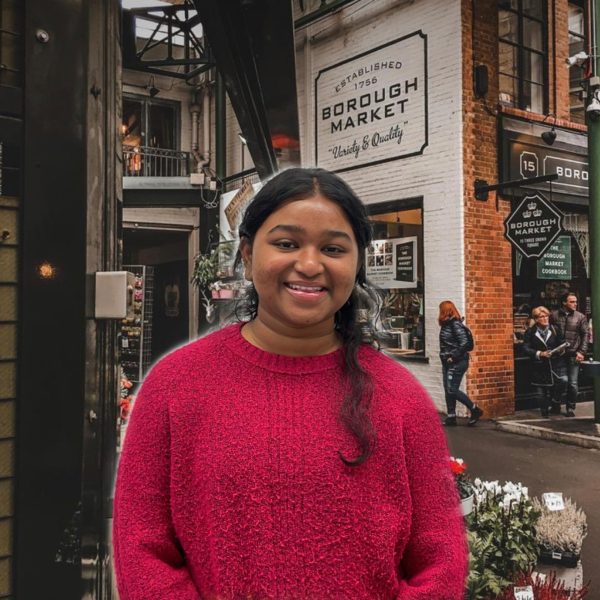
Meet Rachna, Online Features Editor for Eastside. When she's not polishing articles, she's gracefully dancing the rhythms of Bharatanatyam, savoring the...

